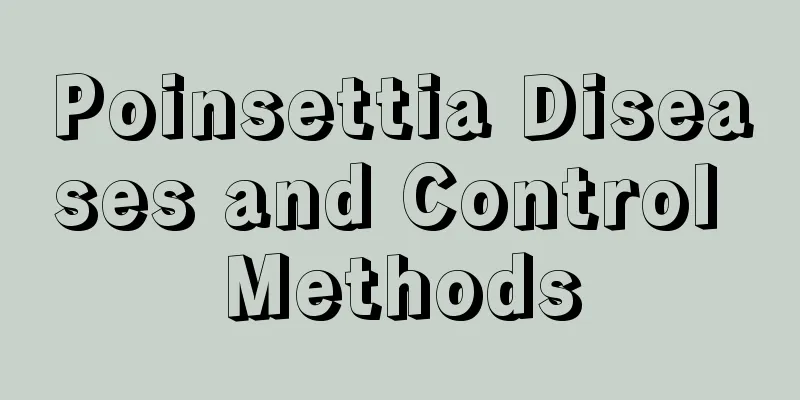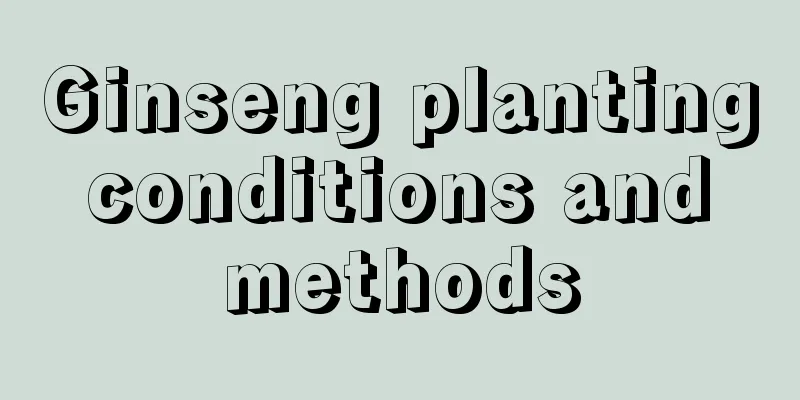Poinsettia Diseases and Control Methods

Poinsettia gray moldGray mold disease often occurs in winter, which is the season when flowers bloom. Once it encounters continuous rainy, humid and sunless weather, gray mold disease will be out of control. Brown spots appear on the leaves, branches, and inflorescences, spreading throughout the plant as the disease progresses. Therefore, especially in winter, strong maintenance and management are required to increase indoor temperature, enhance light transmittance and reduce humidity. Once diseased plants are found, immediately move them to a ventilated place and place them in the sun, which can achieve effective prevention and control effects. In addition, when the disease is serious, Bordeaux liquid can be sprayed for treatment. Poinsettia Root RotRoot rot usually occurs in hot seasons, but soil, watering and other factors can also induce this disease. Light brown spots can be seen on the roots of infected plants, but it is difficult to find symptoms above ground in the early stages. As the disease worsens, the lesions spread upward and the plant will gradually wither. In the later stage, the plant will die due to lack of water because the roots cannot absorb water. Strengthen maintenance at ordinary times, change the soil in time, loosen the soil frequently, and ensure that the roots have sufficient oxygen to breathe. In addition, during the maintenance process, the roots can be irrigated with disinfectant once a month to inhibit fungal growth. When the roots are rotten, remove the plant from the pot, cut off the rotten parts, and replant it. If the root rot is serious, just throw it away. Poinsettia leaf spotIt occurs more seriously in spring and summer, and the lesions mostly start to appear on old leaves. In the early stages, irregular spots appear on the leaves, which quickly expand and spread, causing the leaves to twist and dry out. If you find spots on the leaves, remove them immediately and throw them away. Clean up dead leaves regularly and keep the surface of the potting soil clean. When the disease is serious, spray pesticides. You can choose 1000 times solution of Benomyl and spray it once every 5 to 7 days. The condition will improve in 3 to 5 days. |
>>: Disease control of round-leaf arrowroot
Recommend
How to grow Oncidium
1. Breeding environment 1. Soil: When caring for ...
What are the taboos when buying a fortune tree? How much does a fortune tree cost?
1. Taboos of buying a fortune tree 1. If the leav...
How to grow indoor money trees to make them more vigorous
The money tree has beautiful meaning and is very ...
Disease and pest control of snow peas
1. What are the pests and diseases? 1. Disease. C...
If you can’t grow jasmine and gardenia well, it must be because the soil is not right! Make your own acidic soil in 2 steps and your flowers will bloom!
How to make acidic soil? It is not easy to get go...
What should I do if the leaves of lucky bamboo turn yellow when placed in water?
In the world of green plant lovers, lucky bamboo ...
The growing environment and local conditions of oranges
Orange growing environment and conditions Oranges...
Where is the best place to put the copper coin grass?
1. Feng Shui Effect The pennywort has a strong Fe...
Diseases and prevention methods of Camellia sasanqua
Diseases of Camellia sasanqua: Anthracnose sympto...
When and how to plant watermelon
1. When is the best time to plant watermelon? Ear...
What is the best month to plant water lily seeds?
When to plant water lily seeds The best time to p...
What are the methods and precautions for plant cultivation?
Plant introduction There are many types of plants...
How to propagate and what to pay attention to
How to reproduce The main ways of propagation of ...
Can lilac trees be planted in the yard?
1. Can be planted in the yard Lilac trees are ver...
Delphinium cultivation tips and precautions
1. Lighting It needs light, so you should let it ...









